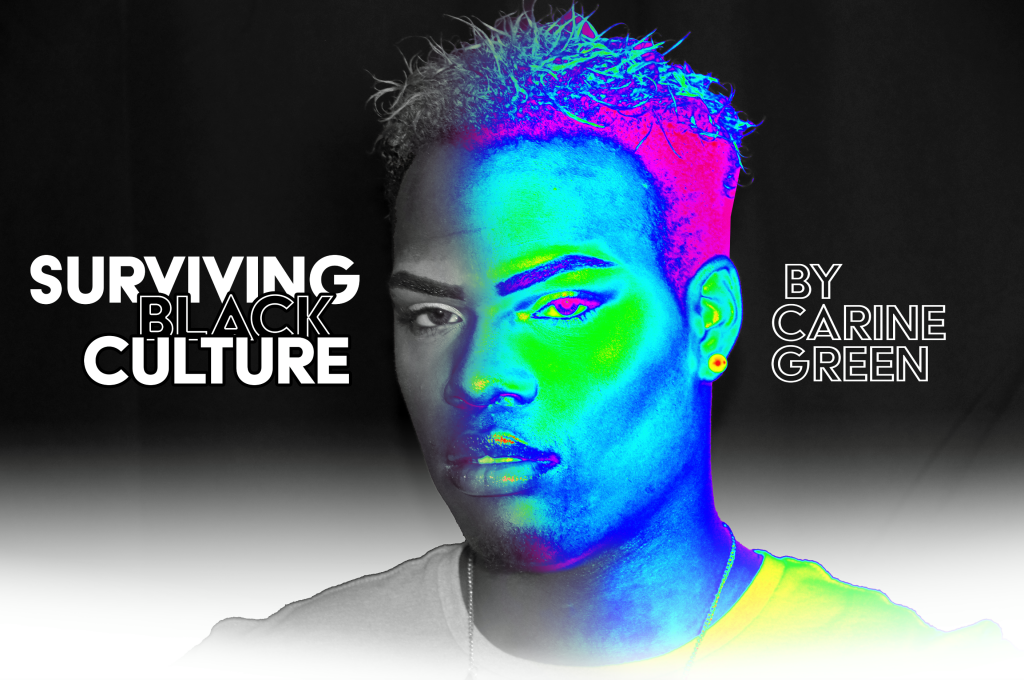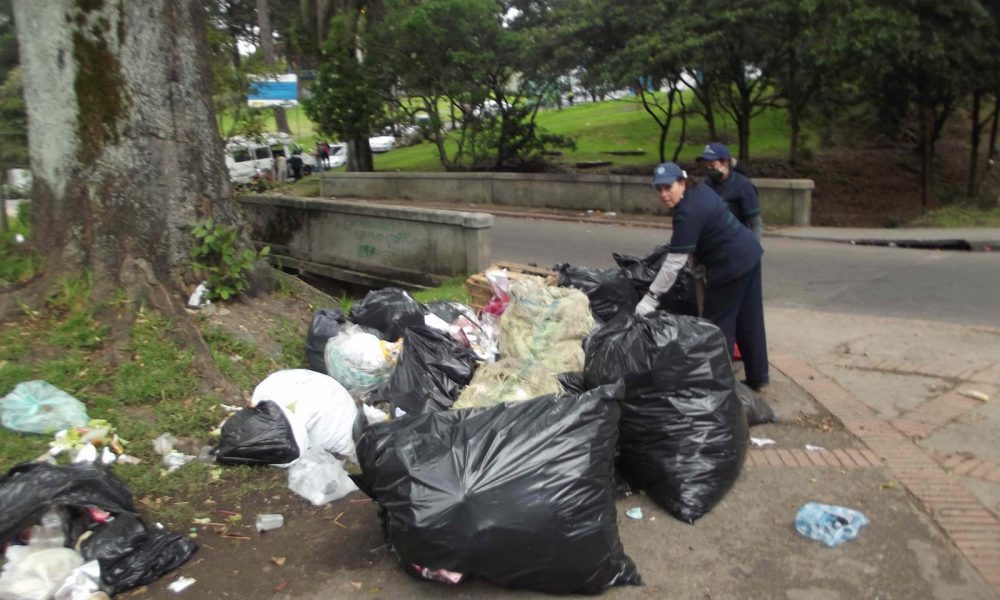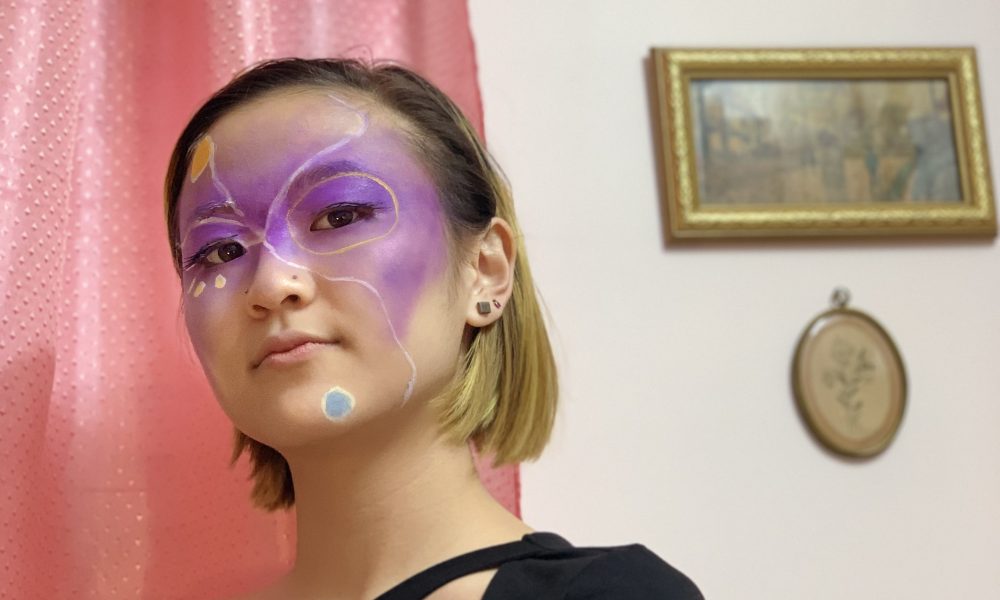When I think of culture I think of pain — at least, for most of my life, I did. I felt this pain because the culture I was raised to appreciate, black culture, ended up being more oppressive and suppressive than understanding and progressive. It is because black culture I have spent most of my life feeling inadequate; feeling as if I had no place among my own people. While I do have great respect for my culture and those who have fought to allow us the ability to openly celebrate it, I cannot in good conscience ignore many of its shortcomings that have historically oppressed its own people as well as others. I can attest that the entire culture is not to blame; however, the many parts and practices that give way to the oppressive behaviors I, as well as many others, were and are subjected to are to blame.
In order to assess and completely reflect on the impact of black culture, it is important to understand where these ideas and notions that lead to oppression come from. An important facet of these damaging parts of black culture, as is true for many other cultures, is its ability to be a social institution which often governs behavior and expectations of individuals. This means that people are expected to be, act, and live a certain way that would be “acceptable” to this culture, an idea almost uniform to most blacks. This type of controlling dynamic often translates to the hateful way many black people treat anyone who lives a different way, in this case, gays.
I, of course, can never know when this hateful relationship between blacks and gays began, but I can guess that it had something to do with the fight for civil rights, which is always a touchy subject among blacks and gays. Many blacks believed, and still believe, that it is not fair for black rights to be likened to gay rights. Many tend to agree with the words of Vernon Jarett, an influential black journalist and commentator, who stated: ” it [is] offensively disrespectful of the recorded and unchronicled sufferings of millions of my people who were kidnapped, chained, shipped and sold like livestock…..gays were never declared three-fifths human by the Constitution.” And you know what, he’s right. Gays weren’t declared three-fifths human by the constitution; they weren’t kidnapped, chained, shipped or sold like livestock. However, they were told who they could marry, have sex with and who they could love; they are still facing the reality that there are 10 countries where being gay can still get you killed —Yemen, Iran, Mauritania, Nigeria, Qatar, Saudia Arabia, Afghanistan, United Arab Emirates, and Sudan— and to top it off, they are constantly in fear of discrimination for doing nothing but existing as who they are. Regardless of this truth, the mindset of many blacks is that gay rights “trivialize the black experience in America by likening the two groups’ histories.” (Lena Williams). But that in itself reveals a bigger issue within the black community of not being able to recognize other people’s struggles — essentially a lack of empathy.
The problem with this is that at the end of the day, discrimination is still discrimination, and oppression has more faces than a twelve-sided die. Nevertheless, this history has laid the groundwork for the way blacks would continue to treat gays. It’s a lesson I would learn at the age of 16, which was not so long ago. At that time I had already known that being gay was “wrong” and I didn’t care, because as much as I had faced oppression I didn’t know what hate looked like until I had stared it in the eyes. It was on a regular school day — I sat in the awkward large opening space adjacent to the library, one of my favorite hideout spots, when a group of boys walked up to me and looked at me with total and utter disgust. At the sight of me, they paused and began speaking in a language I didn’t understand. And for the first time in my life, I felt truly afraid; the look I saw in their eyes alerted me to what it truly felt like to be hated. That experience helped me to realize the way in which toxic masculinity, especially in the way it has been amplified in the black community leads to oppression and suppression. I mean, I knew that in many countries being gay could get you killed, but I was oblivious and indifferent to how horrible it felt to be afraid of being yourself because of what others might do. And unfortunately for me, this would not be the last time I would experience such hate.
Another instance where I faced hate from my own community is when I set out to create a gay-straight alliance (GSA) in my school. Before I had worked up the nerve and support to create this GSA, I had brought up the idea to a group of friends and a guidance counselor I trusted, and the responses initially crippled me. My friends told me that if I created a GSA, I would be bullied even more than I already was. They suggested that if I went to school with different demographics, perhaps a “whiter” community of students, I’d have a better outcome. My guidance counselor’s response broke my heart even more. She told me that it was “offensive and intrusive to the culture of other students,” while also agreeing that this club would put a target on my back and the back of every openly gay student in my school. It was clear that they all saw the same issue I did, but instead of sharing my vision of confronting this issue they opted to ignore this issue and allow others to be bullied and alienated because of who they were. Although I eventually created that GSA and changed the lives and perspectives of many students and faculty, I received the most hate that I had ever received in my life. But fear not — this story has a happy ending.
With the help of many positive LGBTQ and black role models, I was able to not just be a more confident and loving person. For the first time in my life, I was proud of my culture and what it had done. My expectations had been exceeded for my GSA and my outlook on many of the black students in my school. When I came to Stony Brook my expectations were exceeded once again when I found not only a group that recognized me as an LGBTQ student but also as a black student. This group was House of Shade. It is with this group that I plan to continue to fight for respect and love for all, from all.
Black people see gays as weak; they see them as a group they are better than. I often describe this relationship as a bullying victim who becomes a victimizer. Contrary to the framing of bullying by movies and television, the child who is constantly bullied doesn’t just become kind-hearted and understanding as a result of their lived experiences. From what I’ve seen and learned, behind every bully is just a larger bully. People generally bully because they want to feel secure; they want to release the anger they feel and they want to ignore the hurt they feel. As I said before, I hold no reservations for my culture and I know blacks of today are no more to blame for resentment towards gays than the whites of today are to blame for racism towards blacks, because similarly this inherent inequality is built into the DNA of our cultures. That being said, we are all still accountable for the things we say and do. Furthermore, nothing I’ve said should suggest our culture has to be the agent that is tasked with bringing us all together, but it is our willingness to respect cultures we don’t understand or believe in, especially since that is what we require from others. I know that this might be nothing short of a harsh truth for blacks, but gays aren’t your punching bag. Sorry About It!




Comments are closed.